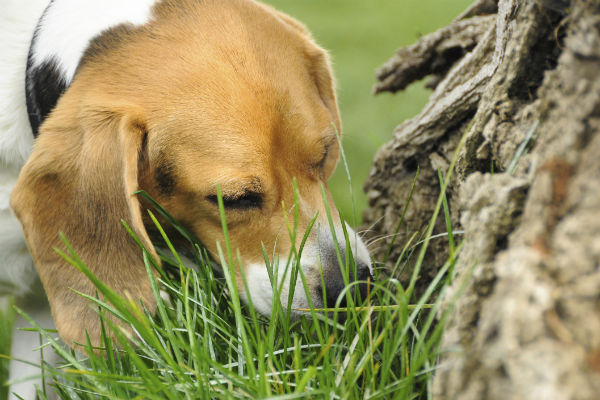Dogs are renowned for being naturally curious, but occasionally this curiosity leads them to act in very repulsive ways. A common behaviour that causes concern for many dog owners is when their pet chooses to eat their own or another animal’s waste. Coprophagia is the term for this behaviour, which can be disgusting as well as potentially dangerous for your pet. We will examine the topic of “Can dogs get sick from eating poop?” in this article, as well as the causes and possible repercussions of this behaviour.
Why Do Dogs Eat Poop?
Understanding why dogs engage in this behaviour in the first place is crucial to dealing with the question of whether eating poop can make them sick. Dogs may eat waste for several reasons, including:
Nutritional Deficiencies: Due to a diet deficient in certain vital nutrients, some dogs may consume excrement. Dogs that are fed a poor-quality diet or have digestive problems that limit their ability to fully absorb nutrients are more likely to exhibit this behaviour.
Instinctual Behaviour: To keep their den clean and keep predators from spotting them, mother dogs in the wild frequently eat the faeces of their puppies. Even though domestic dogs no longer need to conceal their scent, some dogs may nevertheless exhibit this innate behaviour.
Attention Seeking: Dogs are social animals that love attention. As a result, they may eat excrement to get their owners’ attention. For certain dogs, receiving negative attention can be rewarding.
Medical Conditions: In certain instances, coprophagia may indicate the presence of a chronic illness, such as pancreatic insufficiency, malabsorption issues, or parasites. Before treating the behaviour, any health issues must be ruled out.

Does Eating Poop Make Dogs Sick?
Let’s now address the primary query: can dogs become ill after consuming excrement? The solution is a little nuanced. Although coprophagia does not always lead to illness, there are several risks involved in this behaviour:
Parasitic infection: A variety of parasites, such as roundworms, hookworms, and tapeworms, can be found in faecal matter. Dogs can contract these parasites through eating excrement, which can cause gastrointestinal distress as well as potentially more serious health issues.
Bacterial Infection: Dangerous bacteria like Salmonella and E. Coli can cause food poisoning in dogs and are also present in faeces. Dogs with bacterial infections may exhibit lethargy, vomiting, and diarrhoea.
Toxins: Dogs may become poisoned if they eat poop that contains harmful materials like chemicals or prescription drugs. If consumed by dogs, a number of plants, household cleaners, and prescribed drugs can be toxic.
Behavioural Issues: In addition to the physical health risks, coprophagia in dogs can also result in behavioural issues. In order to stop the behaviour, it is imperative to address the underlying cause of constant poop-eating, which can be an indication of boredom, stress, or anxiety.
How to Restrict Dogs From Eating Poop
There are various steps you may utilise to stop your dog from eating human faeces if you’re worried about this behaviour:
Appropriate Diet: Make sure your dog is getting a healthy, balanced diet to lower the risk of the nutritional deficiencies that cause coprophagia.
Maintain a Clean Environment: As soon as possible, take out any dog poop from your yard or litter box to keep them from becoming a snack.
Training and Diversion: To stop your dog from consuming dog poop, teach them to “leave it.” To keep them occupied, give them lots of toys and mentally stimulating activities.
Consult Your Veterinarian: To rule out any underlying health concerns and talk about possible behavioural interventions, see your veterinarian if your dog continues to eat excrement despite your best efforts.
In conclusion, although eating poop does not always result in sickness in dogs, there are still different health risks and it needs to be treated right away. You can support your dog’s health and happiness by being aware of the causes of this behaviour and taking precautions to avoid it.
Remember that happy dogs are healthy dogs!
Interested in enhancing your online presence? Check out this insightful digital marketing website for expert tips and strategies!

